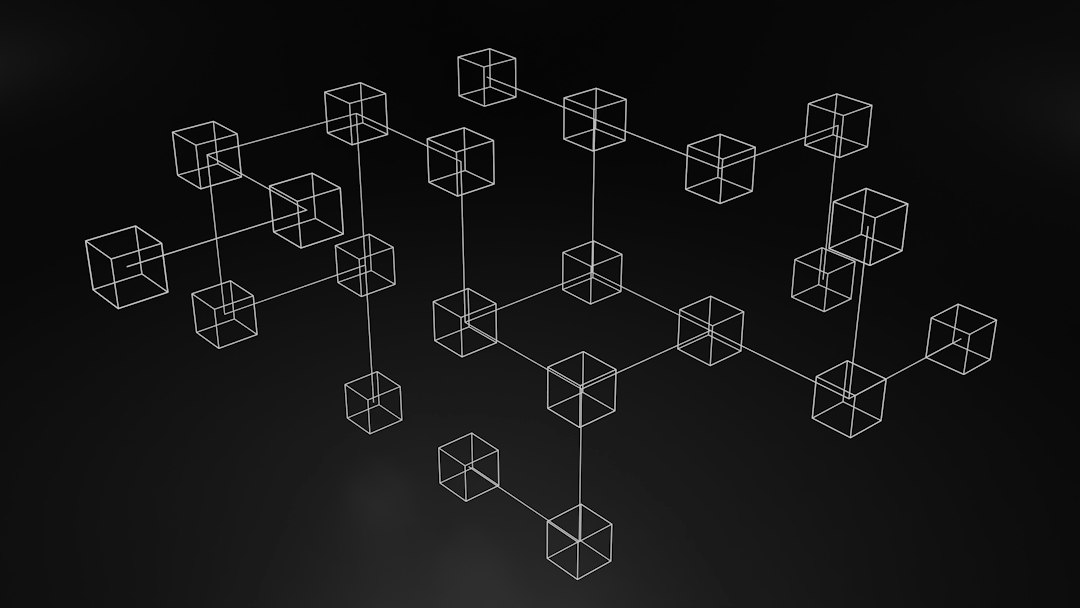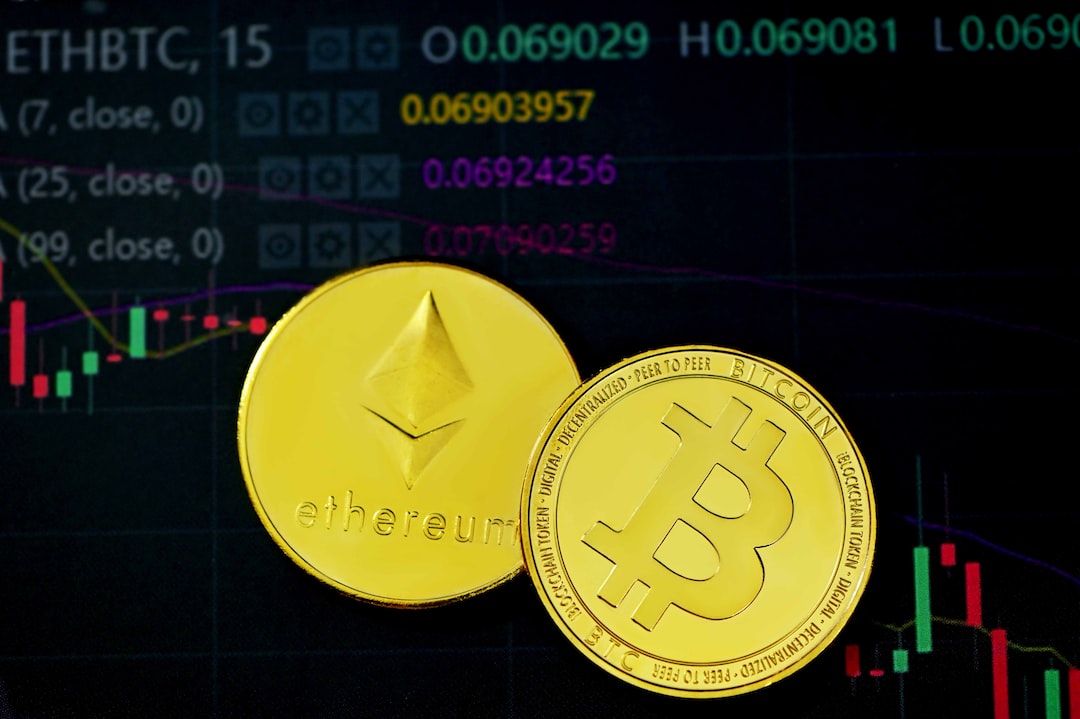The intersection of Web3 and artificial intelligence (AI), particularly generative AI, is a topic of debate in the crypto community. However, decentralization may not be the best solution for AI due to the significant technical challenges involved. The decentralization of generative AI projects aims to align with the core value proposition of Web3. To determine if generative AI should be decentralized, we need to consider two key questions: Does it deserve to be decentralized? And why hasn’t decentralized AI worked before?
Decentralizing AI has a philosophical case as knowledge, which is at the core of AI, should be decentralized. However, knowledge is not always a suitable candidate for decentralization from both technical and economic perspectives. The concentration of control among big AI providers creates a gap between them and competitors. Decentralized networks could enable collaboration to improve models and provide democratic access to knowledge.
Transparency is another factor that supports decentralization in AI. Foundation models are complex and difficult to understand using traditional monitoring practices. OpenAI, for example, lacks incentives to be transparent about its models. Decentralized AI networks could provide visibility into foundation models without relying on a specific provider.
Decentralized AI has not been successful in the past because its value proposition was questionable. Previous approaches focused on supervised learning and small models that were easily interpretable. Large-scale generative AI in a centralized manner has made decentralized AI viable for the first time.
When considering decentralization in generative AI, it’s important to look at different dimensions throughout the lifecycle of foundation models: pre-training, fine-tuning, and inference. Decentralized computing can be relevant during pre-training and fine-tuning, while data decentralization can play a role in both stages. Optimization and evaluation also require decentralization for transparency purposes. Finally, model execution can be decentralized to increase trust.
Decentralizing AI is challenging and requires technical breakthroughs. However, it is the right approach in the era of foundation models. Digital knowledge should not be concentrated in the hands of a few centralized entities. Decentralized AI networks have the potential to democratize access to knowledge and improve transparency. While the technical challenges are significant, decentralized AI is achievable and necessary for the future of intelligence.
Hot Take: The Case for Decentralized AI: Breaking Down the Dimensions of Decentralization in Generative AI





 By
By
 By
By
 By
By

 By
By